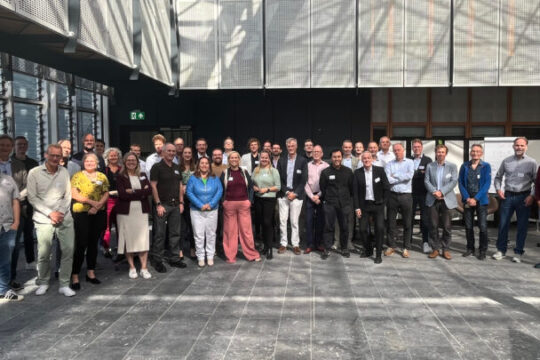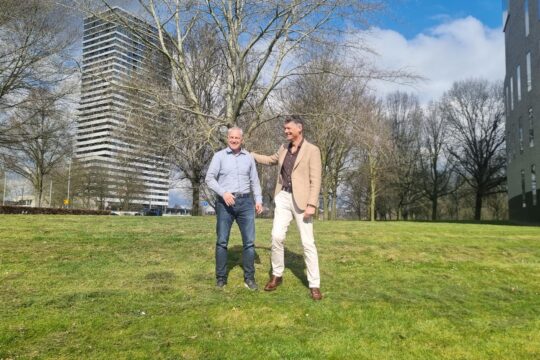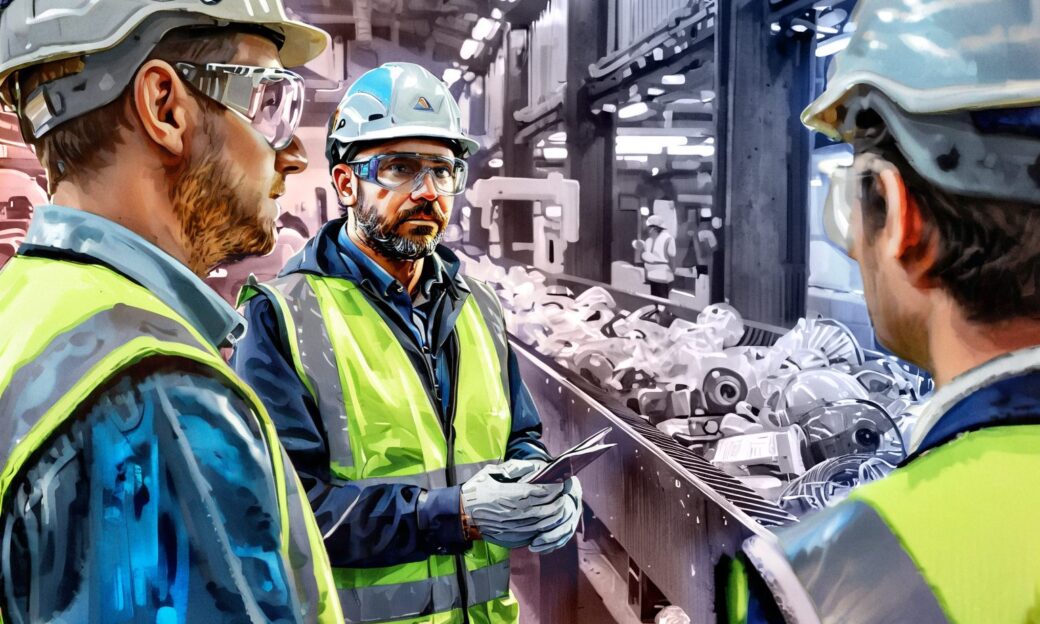Plastics are integral to modern society, offering benefits like lightweight durability and energy efficiency. However, the pervasive issue of plastic waste demands a strategic shift towards circularity. The Circular Plastics Initiative (CPI) addresses this challenge by promoting recycling of plastics on an industrial scale. By engaging the entire value chain, CPI focuses on technological, logistical, and societal solutions to transform plastic waste into valuable resources.
CPI is committed to systemic change through:
- Value chain collaboration: engaging all stakeholders, from material producers to recyclers.
- Addressing all types of plastics in any application: applications are driven by specific material performance, leaving the challenge for optimized recycling.
- All recycling technologies: developing mechanical and chemical recycling solutions and the systemic cascade approach to optimize feedstock distribution
DPI’s role
As a co-founder of CPI, together with the Institute for Sustainable Process Technology (ISPT), the Dutch Polymer Institute (DPI) plays a pivotal role in:
- Driving research and innovation: leading efforts in developing new recycling technologies and sustainable materials.
- Facilitating industry collaboration: bringing together diverse partners to share knowledge and align objectives in value chain driven research and development projects.
- Support the advocacy for policy and standards: working towards the establishment of frameworks that support circular practices.
For a comprehensive overview of CPI’s projects and initiatives, please visit the Circular Plastics Initiative page on ISPT’s website.
Key research areas and projects
DPI, together with ISPT, leads several groundbreaking projects, accelerating the transition towards a fully circular plastics economy. Below is an overview of key CPI projects, with links to full details on the ISPT website.
InReP
Developing new sorting and recycling methods for polyolefin-based packaging, together with a model aiming to remove technological barriers to high-quality plastic recycling from post-consumer plastic packaging waste.
View websiteReCYCLE
Investigating the use of durable, recycled plastics in electric bike components to improve sustainability and lifespan.
View websiteMPPS
Innovating radical mechanical sorting solutions through collaboration with technology providers both inside and outside the plastic recycling industry.
View websiteAramazing
View websitePlastiCycle 4.0
Aims to explore the new potential of quality-based recycling via leading edge technologies in analytics, physical processing, chemical interaction and stability and digitalization.
View websiteAutoplastic
Defines quality parameters for recycled automotive plastics, aligned with upcoming legislation. By developing performance indicators, it supports higher recycling rates across the automotive value chain.
View websiteLEmPlaR
Focusing on assessment of losses and emissions of small plastic particles during sorting and washing of packaging related plastics, this project developed relevant insights to reduce losses.
View websiteTEXPOWER
Develops new sorting and recycling technologies for polycotton textiles. The project aims to enable a transparent and circular value chain for this growing and complex waste stream.
View websiteHOPy
Plastic waste can become a valuable resource for creating new materials through pyrolysis. HOPy contributed to this vision by providing the stepping stone for scaling up the innovative pyrolysis technology.
View websiteCIRCPET
The project’s findings have laid the groundwork for a fully recyclable PET tray, bringing us closer to circular food packaging.
View websiteTowards Improved Circularity of Polyolefin-Based Packaging
This project provided critical insights into how industry stakeholders can accelerate the transition towards a circular polyolefin packaging economy, addressing critical hurdles in pyrolysis and gasification of DKR350 related plastic waste.
View websitePartnering for circular plastics innovation
The transition to a circular plastics economy requires bold collaboration. DPI is proud to co-initiate and support the Circular Plastics Initiative, in close partnership with ISPT.
For more information or collaboration opportunities, contact Ronald Korstanje at ISPT, who remains the first point of contact for CPI.

Ronald Korstanje
Programme manager Circular Plastics Initiative
Latest updates

InReP project completed: insights for the next phase of circular plastics innovation

“It’s a huge risk to mistake a symptom for the actual problem”

InReP policy brief: a collective call for future‑proof plastics legislation

Ronald Korstanje moves to ISPT – Continuing our collaboration in CPI
Questions or ideas?
Fill in the form and our programme manager will get back to you shortly.
